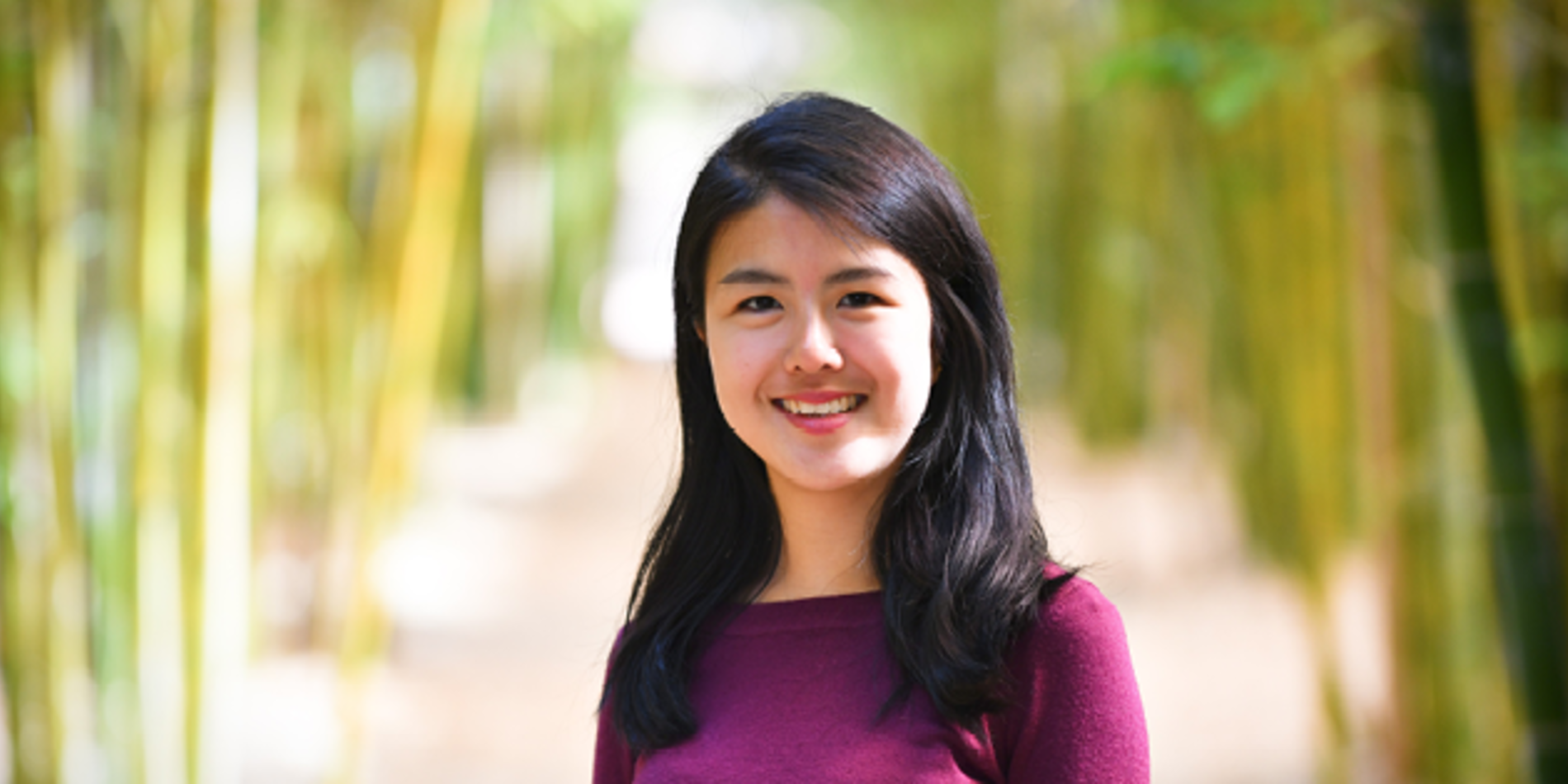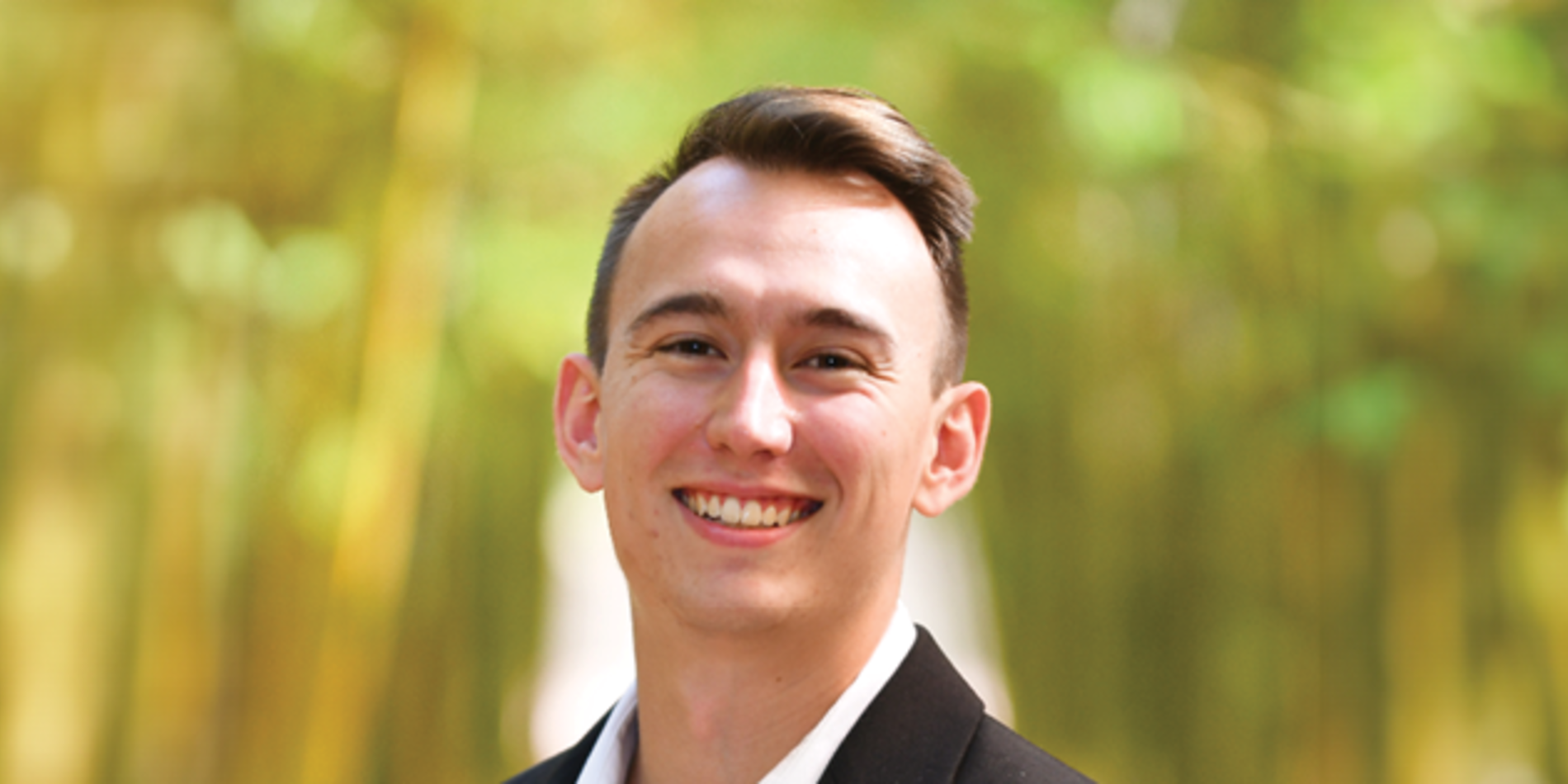A Letter from the Chair
Dear Chemical Engineering Community,

I am delighted to write this letter as the incoming Tang Family Foundation Chair of the Department of Chemical Engineering at Stanford University. I am very grateful for the remarkable leadership from our department’s former chair, Zhenan Bao, and for her diligent service to our department during the past four years. During this period, the Department of Chemical Engineering has thrived despite the challenges that we all have faced during these uncertain times. Over the past few years, our faculty has grown in size to 19 through hires at both the junior and senior levels, and the diversity of research programs in our department enables us to tackle some of the most critical societal problems in Energy, Sustainability, and Human Health. Zhenan has nurtured a collegial environment based on a culture of respect that resonates throughout the community, impacting our undergraduate students, graduate students, postdoctoral scholars, staff, and faculty. We are poised for great achievements in the coming years, and I am truly grateful for the opportunity to represent this terrific department as its new chair.
By way of introduction, I have spent the past 16 years as a faculty member at Stanford, having begun my independent career as an Assistant Professor of Chemical Engineering in 2006. Stanford has been instrumental in nurturing my growth as a researcher and educator, and I particularly benefited from interactions with the remarkable students, faculty, and staff that make Stanford such an amazing place. My research group develops theoretical models and computational simulations of a range of key biological processes and soft-materials applications. For example, my research group has developed predictive theoretical models for the organization and dynamics of chromosomal DNA in living cells, providing fundamental insight into how the cell controls gene expression and the conditions where the cell transitions to a diseased state. Our group has benefited from extensive collaboration with a number of research groups throughout Stanford, and we recognize the enormous influence that this interdisciplinary environment has had on our research and the benefit of broad engagement throughout the Stanford community.
I have taught a range of courses at the undergraduate and graduate levels, and I have been actively engaged in a number of educational initiatives in the department. One major achievement was to lead the effort to revamp the undergraduate curriculum in Chemical Engineering. This resulted in an undergraduate major that covers modern chemical engineering topics while reducing the unit count to 100 and incorporating considerable flexibility that provides more accessible paths into the major and allows our students to take advantage of other amazing activities that Stanford has to offer.
Our department has overcome the challenges of the pandemic and has emerged with a new perspective on education and research at Stanford. I am transitioning into the role as chair during a time when our department will be focused on strengthening our community and on engaging in opportunities throughout Stanford. Looking forward, we are poised to take a number of steps that will improve the student experience and will expand our impact at Stanford and with the broader engineering research community.
The revamp of our undergraduate program is currently being implemented, and we are committed to providing an enriching and inspiring educational experience for our undergraduate students. With this implementation, we will be focused on recruitment at the undergraduate level through outreach and community events. Our graduate students have been extremely active in developing community activities that enhance their experience and provide opportunities for professional development, and I look forward to engaging this community to expand these efforts. Our Diversity, Equity, and Inclusion Committee has provided invaluable feedback on how to improve various aspects of our departmental operations to better serve our diverse community, and I look forward to working with them to further improve our departmental culture.
We currently have six junior faculty in our department, with three of them beginning their independent careers during the pandemic. This time was particularly challenging for developing a new research program, and our department will be committed to supporting our junior faculty to ensure their programs build momentum in the coming years. Our department is committed to effective mentorship within our community, demonstrated by the recent development of the STEMM Mentorship Program by our most recent faculty hire, Joe DeSimone. We will continue to engage in this initiative and further promote mentorship for our students, staff, and faculty in the coming years. Our diverse research efforts position our department for engagement with broad initiatives on campus, including the new Doerr School of Sustainability. We look forward to developing ties to this new initiative and to strengthening our connections throughout campus in the coming years.
I am delighted to transition to my new role as chair and to assist in the future community development and growth of our department. I look forward to working with this amazing department and to benefiting from the collective wisdom that our community has to offer.
Yours sincerely,
Andrew J. Spakowitz
Chair, Department of Chemical Engineering
Professor of Chemical Engineering and of Materials Science and Engineering
and by courtesy Professor of Applied Physics and of Chemistry


